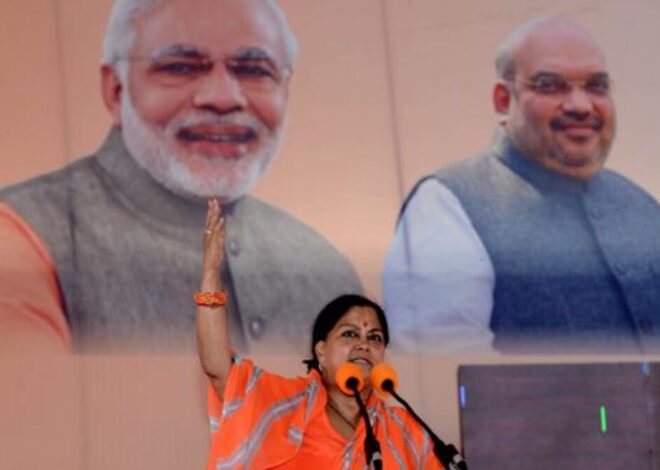
The Profound Benefits of Sarpanch Elections
Sarpanch elections, a crucial part of the Indian rural governance system, bring about a plethora of benefits that are often overlooked. These elections, which determine the leader of a gram panchayat (village council), hold immense significance in the lives of rural Indians. Beyond the formalities of casting votes and counting ballots, they serve as a powerful instrument for promoting grassroots democracy and bringing about meaningful change in the lives of people residing in the nation’s heartland. In this article, we will explore the manifold benefits of sarpanch elections and shed light on their transformative potential.

Read more.. THE LANDSCAPE OF FUTURE ELECTIONS 2023 AND 2024
Read more.. FIVE HEALTH TIPS FOR STAY FIT AND ENERGIZED
1. Local Governance
Sarpanch elections epitomize the essence of local governance. The elected sarpanch is responsible for managing the affairs of the gram panchayat, including the allocation of resources, implementation of local development projects, and addressing the concerns of the village residents. This local autonomy ensures that decisions are made by those who are intimately familiar with the unique needs and challenges of the community.

Read more.. Stranded Canadian PM Departs India As Plane Snag Is Resolved
2. Empowerment of Women
Sarpanch elections have played a pivotal role in empowering women in rural India. Many states have reserved seats for women candidates in these elections, ensuring their active participation in local politics. This move has not only shattered traditional gender roles but has also given women a platform to voice their concerns and drive positive changes in their villages.
3 Inclusive Development
One of the most significant benefits of sarpanch elections is their role in fostering inclusive development. Elected sarpanches are accountable to the entire village, irrespective of caste, creed, or economic status. This inclusivity ensures that development projects and welfare schemes are implemented fairly and reach all sections of the population, reducing disparities and improving overall living conditions.
4. Transparency and Accountability
Sarpanch elections promote transparency and accountability in rural governance. Elected leaders are required to maintain records of all financial transactions and project implementations, which can be audited by local residents. This accountability ensures that public funds are used judiciously and that the village council operates in a corruption-free manner.
5. Social Awareness and Civic Engagement
Sarpanch elections encourage social awareness and civic engagement among rural citizens. The process of campaigning, debates, and voting fosters a sense of participation and responsibility. As a result, villagers become more aware of their rights and responsibilities, contributing to the overall growth of a more politically aware society.
6. Conflict Resolution
In addition to developmental responsibilities, sarpanches often serve as mediators and conflict resolution agents within their communities. Their impartial role in settling disputes helps maintain harmony and peace in villages, reducing the likelihood of prolonged conflicts that can have adverse effects on social cohesion.
7. Skill Development
Serving as a sarpanch or being part of the village council exposes individuals to leadership roles and decision-making processes. This experience can be invaluable, as it equips them with skills in governance, administration, and problem-solving, which can benefit their personal and professional lives.
Conclusion
Sarpanch elections are the backbone of rural governance in India, playing a pivotal role in empowering communities, promoting inclusive development, and strengthening democracy at the grassroots level. These elections embody the spirit of decentralized governance, ensuring that local issues are addressed by local leaders who understand the unique needs of their communities. As India continues to progress, the benefits of sarpanch elections will remain a cornerstone of rural development and empowerment.



